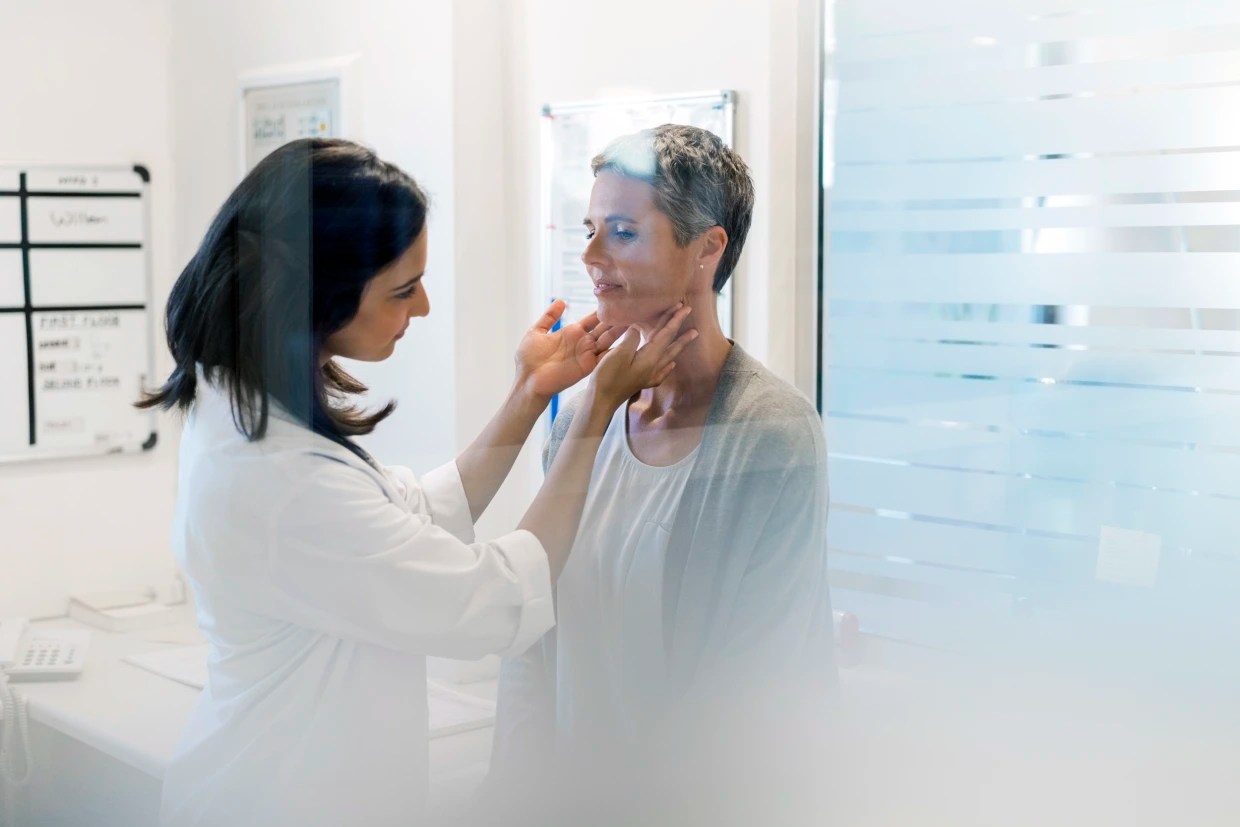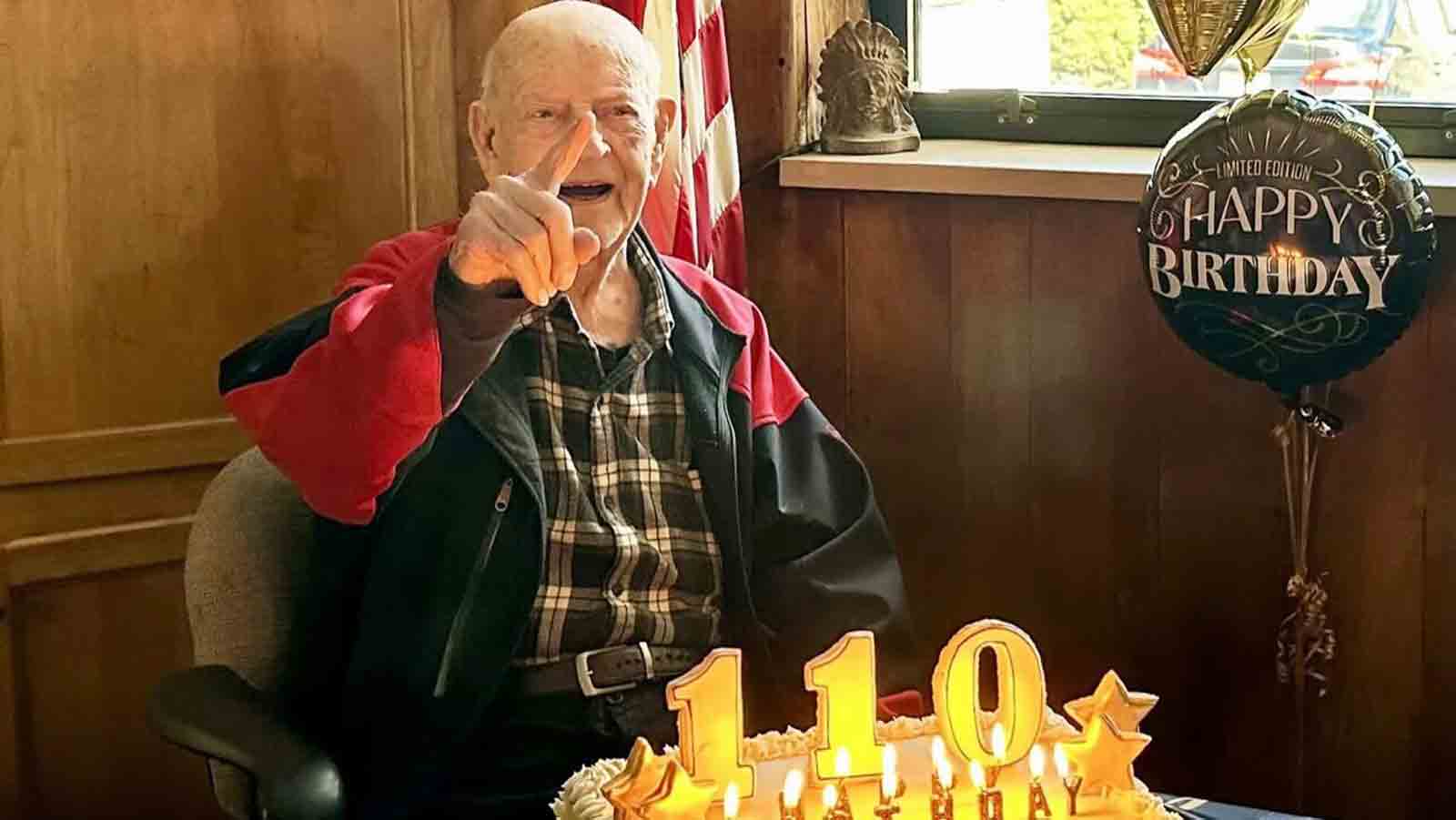February 1, 2006—The various insurance offerings by UnitedHealth Group can be found in a bulky catalogue, listed in the type of alphabet soup that has become the standard lingo for managed care. The preferred provider organization, or PPO, remains UnitedHealth's biggest seller.
But the latest add on to insurance plans, known as health savings accounts—or HSAs for short—are quickly gaining ground. These accounts act as a type of stow-away plan, allowing people to save up money, tax-free, should they ever get socked with a big medical expense down the road.
Daryl Richard, a spokesperson for UnitedHealth, says that more than 650,000 customers have signed up for the accounts since the insurance giant began offering them at the start of last year.
"This is a rapid area of growth for us," Richard says.
While experts continue to debate the merits of such an approach, health savings accounts are clearly the insurance initiative of the moment, solidifying a trend to have consumers increasingly share the burden of rising medical costs. The number of Americans who enrolled in these accounts has tripled since just this past March, according to a recent survey by the American Health Insurance Plans, a trade group that favors the shift.
Powerful Supporters
Among the biggest champions for health savings accounts is President George Bush, who has made them a focal point in his effort to clamp down on runaway medical expenses. In his State of the Union address, Bush singled out the accounts as a way to make American health care more competitive.
"We will strengthen health savings accounts," Bush said, proposing that Congress enact a series of additional tax breaks for those who purchase the policies.
Health
Initial surveys show that the majority still prefer traditional insurance plans, which provide more comprehensive coverage. But the accounts are attracting a number of trend-setting baby boomers, who are betting that their continued good health can last through old age.
"Those who are healthy and wealthier are more willing to try them," says Paul Fronstin of the Employee Benefit Research Institute, a non-partisan organization that polled early adopters of these plans.
The appeal is understandable. This insurance coverage essentially acts like an individual retirement account, where the money is reserved for any future medical costs. By law, the tax-free savings are meant to cover out-of-pocket expenses that can occur with high-deductible insurance policies.
Instead of paying high premiums every month, the high-deductible plans leave you with a large bill right off, which can run between $1,000 to $5,100 for single coverage and up to $10,200 for a family.
As long as you've put enough money away, there will be no sticker shock should you get sick. The lucky ones who don't get sick can keep all the savings after they reach the age of 65. On average, says Richard of UnitedHealth, an individual can cut their insurance expenses by almost by half compared to traditional plans.
Faced with spiraling medical bills for employees, companies have been quick to embrace health savings accounts as a cost-cutting measure.
"This is the hottest topic right now for large companies," says David Stacey of Hewitt Associates, a consulting firm.
Doctor Shopping
Having a greater financial stake in your own care is meant to promote comparison shopping. Those with high-deductible plans are more likely to pick generic drugs over brand names ones and look for doctors who provide the same care for less. This type of insurance could save everyone money in the long run, and by making consumers more engaged, may even improve care, says Mark Lindsay of UnitedHealth.
"Before, people were passive about their care," says Lindsay. "Now they are more energized to take a greater interest."
The feedback UnitedHealth has received so far suggests that health savings accounts are working. Yet, a hard to dismiss concern is that greater financial discipline can also drive people away from seeing a doctor.
A study by the RAND Corporation found that greater out-of-pocket expenses cut down on questionable health spending, but at the cost of not seeking out effective preventative care. Those with a low-income who spent more of their own money on health ended up with poorer blood pressure control and were more likely to skimp on annual tests, such as Pap smears.
Stacey of Hewitt Associates says that those who remain healthy tend to benefit the most from these plans. If you suffer an emergency, such as a heart attack, you are likely to break even, since high deductible plans have the same catastrophic coverage as traditional insurance.
The biggest losers under health savings accounts tend to be those with chronic diseases, who blow through their savings by having to continually buy medications. Stacey says this doesn't have to be the case, as long as the plans incorporate preventive and wellness programs as part of the insurance offering.
People with diabetes, for example, can benefit from insurance programs that also focus on lifestyle changes, such as diet and exercise. Still, he and others do not see health savings accounts as the final answer in cutting costs.
"This is another savings opportunity," says Stacey.
Bad Sales
Uwe Reinhardt, a health economist at Princeton, says that such savings accounts are ultimately a poor way to fix an ailing healthcare system. The trend of shifting more responsibility to consumers, which started under President Regan, has failed to reduce medical costs overall, nor has it stemmed the rising tide of Americans who go without medical insurance.
The problem, in part, has to do with supply and demand.
"The vast majority of the healthcare items are bought by those who are seriously sick," he says, which is not going to change with a greater use of savings accounts.
This new type of cost awareness may make some question lifestyle drugs like Viagra, but few are in a position to negotiate with hospitals and big drug companies when they really need to.
"Healthcare is not like buying a shirt," says Reinhardt.
Indeed, the intricate medical billing systems make it difficult to comparison shop, he says, and the complex human body is why doctors spend seven years or more in medical training.
What the health savings accounts are really good for, Reinhardt concedes, is making money.
"I have one," he says. "We can buy all kinds of things."
These saving accounts will not help those who have little money to begin with, which means that emergency rooms and the government will be left to pick up the pieces. Even the architects of health savings accounts, who outlined their plans in the book, Healthy, Wealthy and Wise, claim that such broad-scale savings might insure an additional 20 million Americans, well short of the 45 million who are not covered now.
In the end, some experts fear, health saving accounts will simply make it more expensive for everyone to get care.
"These are a sign of how desperate we've become," says Fronstin of the Employee Benefit Research Institute.



